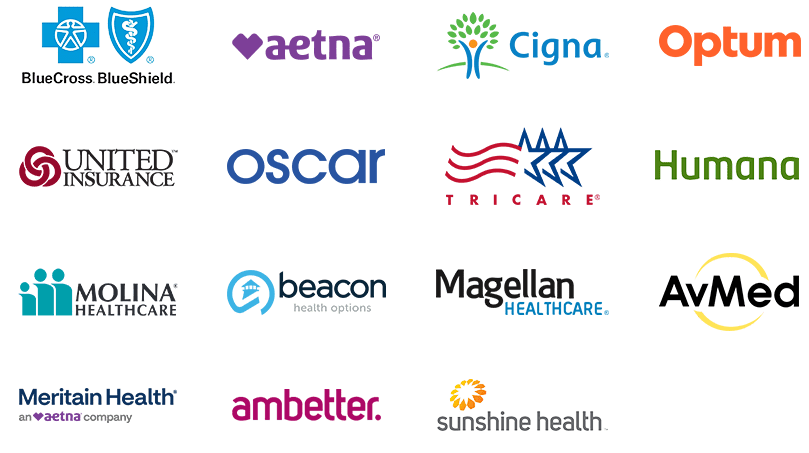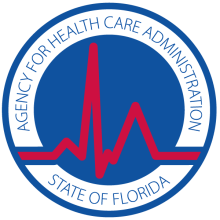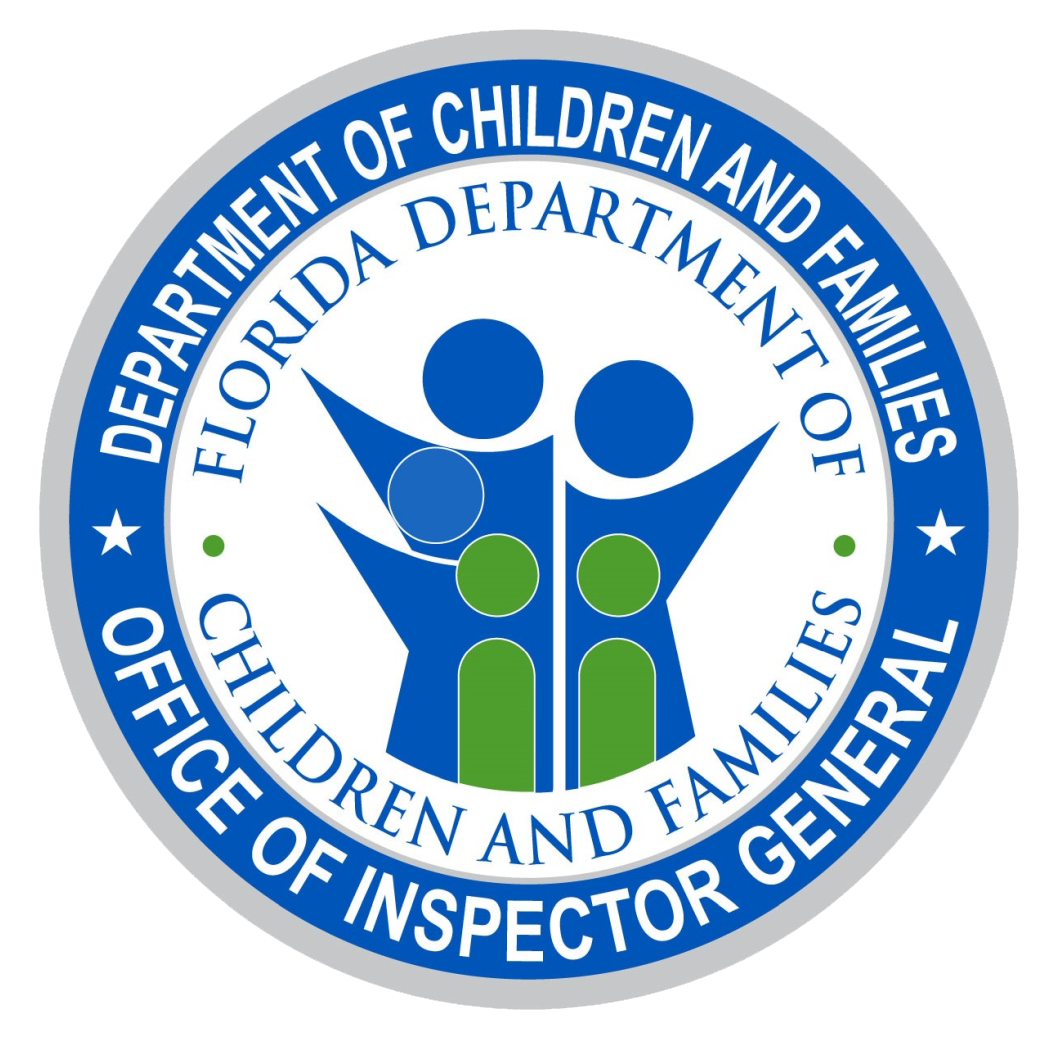Family Therapy for Addiction: Healing Together
Addiction can be a devastating experience, not only for the individual affected but also for their family members. Family therapy serves as a crucial component in the recovery process, fostering healing and understanding.
At Principles Recovery Center in Davie, Florida, we understand that addiction affects not just the individual but also their loved ones. At our center, we offer a unique approach that combines personalized treatment plans with the expertise of our experienced staff to create a supportive and nurturing environment. Our compassionate team is dedicated to helping families heal and thrive together, empowering each member to play a pivotal role in the recovery process.


Understanding the Role of Family in Addiction Recovery
Addiction does not exist in isolation; it impacts the entire family system. Family dynamics can contribute to the cycle of addiction, where behaviors, roles, and communication patterns often exacerbate the problem. For instance, an enabler may inadvertently support the addicted individual’s behaviors. This makes it harder for them to seek or adhere to treatment.
Family relationships can become strained due to the stress and turmoil that addiction brings. This can lead to a breakdown of trust, communication, and emotional bonds, which are essential for healthy family functioning. Recognizing these dynamics is the first step toward healing and recovery. Family members may find themselves adopting specific roles, such as the hero, the scapegoat, or the lost child. This can perpetuate unhealthy patterns. Understanding these roles can help families break free from the cycle of addiction and foster a more supportive environment.
Family support is integral to the success of addiction treatment. Studies have shown that individuals who engage in family therapy alongside their personal recovery often have better outcomes. Family members can offer motivation, accountability, and encouragement, creating an environment conducive to sobriety.
Involving the family in treatment helps to address underlying issues that may contribute to the addiction, such as unresolved conflicts or poor communication. Additionally, family support provides the addicted individual with a sense of belonging, making them less likely to relapse. This connection can be further strengthened through family education programs that teach family members about addiction, its effects, and how they can best support their loved one.
Family therapy programs can empower families to create healthier communication patterns and establish boundaries, which are essential for both the recovering individual and the family as a whole. By fostering an atmosphere of understanding and compassion, families can play a crucial role in the long-term success of addiction recovery.
Request a Confidential
Callback 24/7
OVERCOME SYMPTOMS
DETOXIFICATION
Many individuals have wondered how patients handle early recovery since it requires them to abruptly stop consuming alcohol or drugs. Don’t they experience withdrawal? Actually, the vast majority of individuals don’t experience withdrawal during treatment because they overcome those symptoms during detoxification.
In short, detoxification often comes as the first phase of a patient’s treatment plan and consists of an initial period during which to concentrate on overcoming the physical aspects of drug addiction. Usually, under the supervision of physicians, nurses, and detox techs, individuals in detox treatment receive the support and care needed to mitigate withdrawal as much as possible, minimizing the discomfort that’s often associated with abruptly ceasing substance abuse.
The Concept of Family Therapy
Family therapy is rooted in several key principles:
- Systemic Perspective: This principle recognizes that individuals cannot be understood apart from their family dynamics.
- Focus on Relationships: The therapy places emphasis on improving relationships among family members rather than solely addressing the individual’s addiction.
- Empowerment: Family therapy empowers family members to express their feelings and concerns openly, promoting healing.
- Collaboration: The therapist works collaboratively with the family, providing a safe space for dialogue and problem solving.
These principles serve as a foundation for creating a therapeutic environment that encourages open communication and fosters understanding. By engaging all family members in the therapeutic process, it becomes possible to identify patterns of behavior that contribute to dysfunction and work together toward healthier interactions. This collaborative approach not only aids in the recovery of the individual but also strengthens the family unit as a whole, leading to more resilient relationships.
Various frameworks can guide family therapy for addiction, each with its unique techniques and philosophies. Some of these include:
- Structural Family Therapy: Focuses on restructuring family dynamics to improve relationships and communication.
- Strategic Family Therapy: Combats maladaptive patterns through prescribed tasks and interventions.
- Emotionally Focused Therapy: Helps families understand and express emotions, working towards emotional bonding.
Each approach can be tailored to fit the specific needs of the family involved, promoting a customized treatment plan for addiction recovery. For instance, Structural Family Therapy may involve mapping out family hierarchies and roles to identify areas of dysfunction.
These therapeutic frameworks can be integrated, allowing therapists to draw from multiple methodologies to address complex family issues. This flexibility ensures that the therapy remains relevant and effective, adapting to the evolving dynamics of the family as they navigate the challenges of addiction recovery together.


The Process of Family Therapy for Addiction
Initial Assessment and Treatment Planning
The first step in family therapy is to conduct an initial assessment, which includes gathering information about the individual’s addiction, as well as family dynamics. During this phase, the therapist can identify areas of concern and strengths that the family possesses. Family members are encouraged to share their perspectives, which provides a more comprehensive understanding of the issues at hand.
Benefits of Family Therapy in Addiction Treatment
Strengthening Family Bonds
Family therapy serves as a platform for rebuilding and strengthening bonds that may have been weakened due to addiction. By working together and engaging in honest discussions, family members can restore trust and connection, forming a supportive network that enhances recovery.
Strengthening these bonds is crucial, as a unified family front provides the addicted individual with essential emotional support during challenging times. This support can significantly reduce the likelihood of relapse. This shared journey can be incredibly empowering, as it reminds each member that they are not alone in their struggles and that recovery is a collective effort.
Improving Communication within the Family
Effective communication is essential for healthy family dynamics. Family therapy provides tools and techniques to enhance communication skills, allowing family members to express their thoughts and feelings honestly and respectfully.
Improved communication leads to a better understanding of each family member’s experiences and feelings, reducing misunderstandings and conflicts. As a result, family relationships become more resilient, supporting long-term recovery for the individual struggling with addiction. Furthermore, these enhanced communication skills can extend beyond the therapy sessions, positively influencing daily interactions and creating a more harmonious home environment.
Families learn to navigate difficult conversations with empathy and patience, which can help prevent future issues from escalating into crises. This newfound ability to communicate effectively not only aids in the recovery process but also lays the groundwork for healthier relationships in the long run.
Challenges in Family Therapy for Addiction
Family therapy can evoke resistance, particularly from family members who may feel uncomfortable discussing personal issues or confronting difficult emotions. Some individuals may be reluctant to acknowledge the impact of addiction on the family or to engage in the therapy process. Therapists often employ various techniques, such as motivational interviewing, to help family members articulate their feelings and recognize the value of their involvement.
Conflicts may arise during family therapy, especially when sensitive topics are introduced. These conflicts can manifest as disagreements or unresolved issues that have lingered in the family system. A skilled therapist can help navigate these conflicts by employing conflict resolution strategies and facilitating productive conversations. The goal is to transform conflicts into opportunities for growth and understanding, ultimately fostering a healthier family dynamic. Furthermore, the therapist may introduce exercises that promote empathy and active listening.
The therapist may encourage family members to explore their roles within the family system, which can shed light on underlying patterns that contribute to conflict. By understanding these dynamics, families can work together to establish healthier communication styles and boundaries, which are crucial for long-term recovery and harmony

WE’VE GOT
YOU COVERED!
Insurance coverage for treatment is within reach. We are in-network with most insurance carriers in South Florida.

Contact Principles Recovery Center Today to Learn More About Family Therapy
Don’t wait any longer to begin your journey to recovery. Contact us today, and let us help you build a foundation of support and resilience for your loved ones. Together, we can overcome addiction and embrace a brighter tomorrow.
CREDENTIAL HIGHLIGHTS



